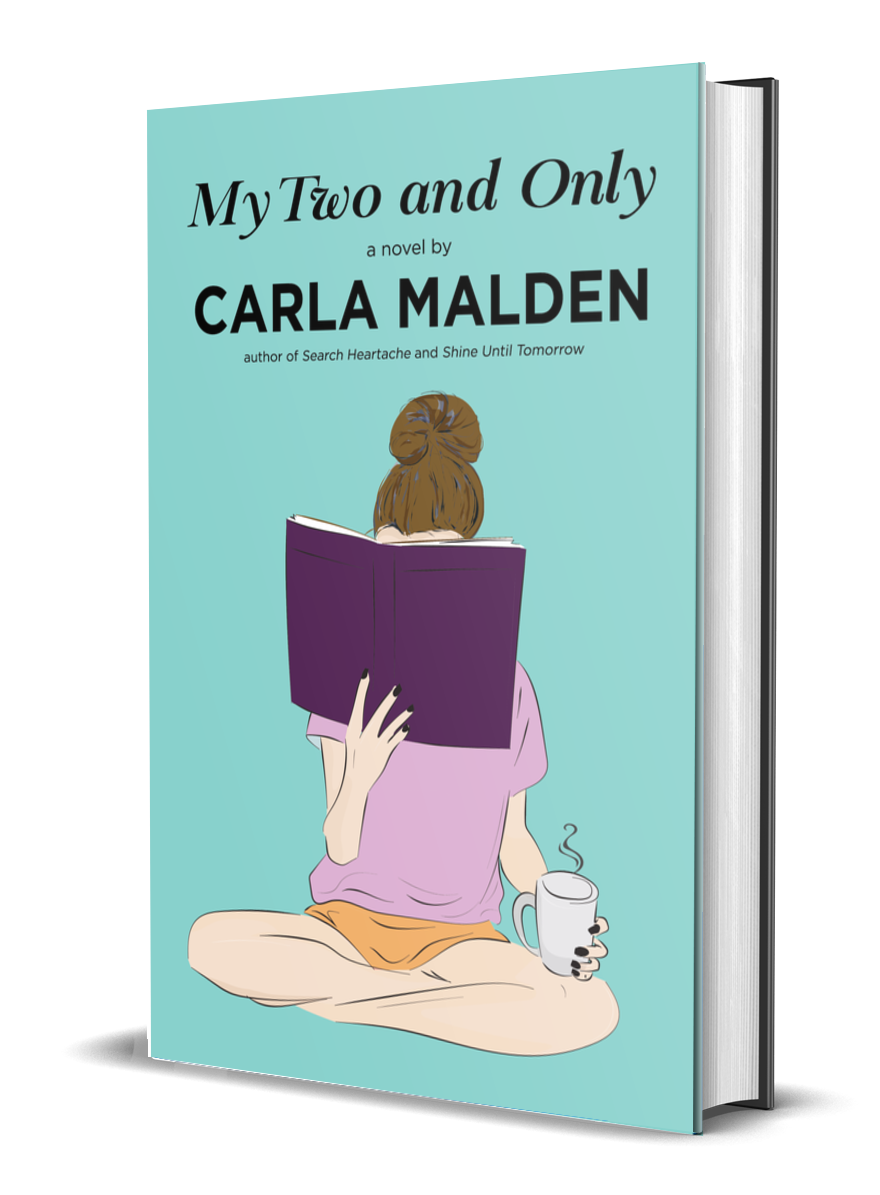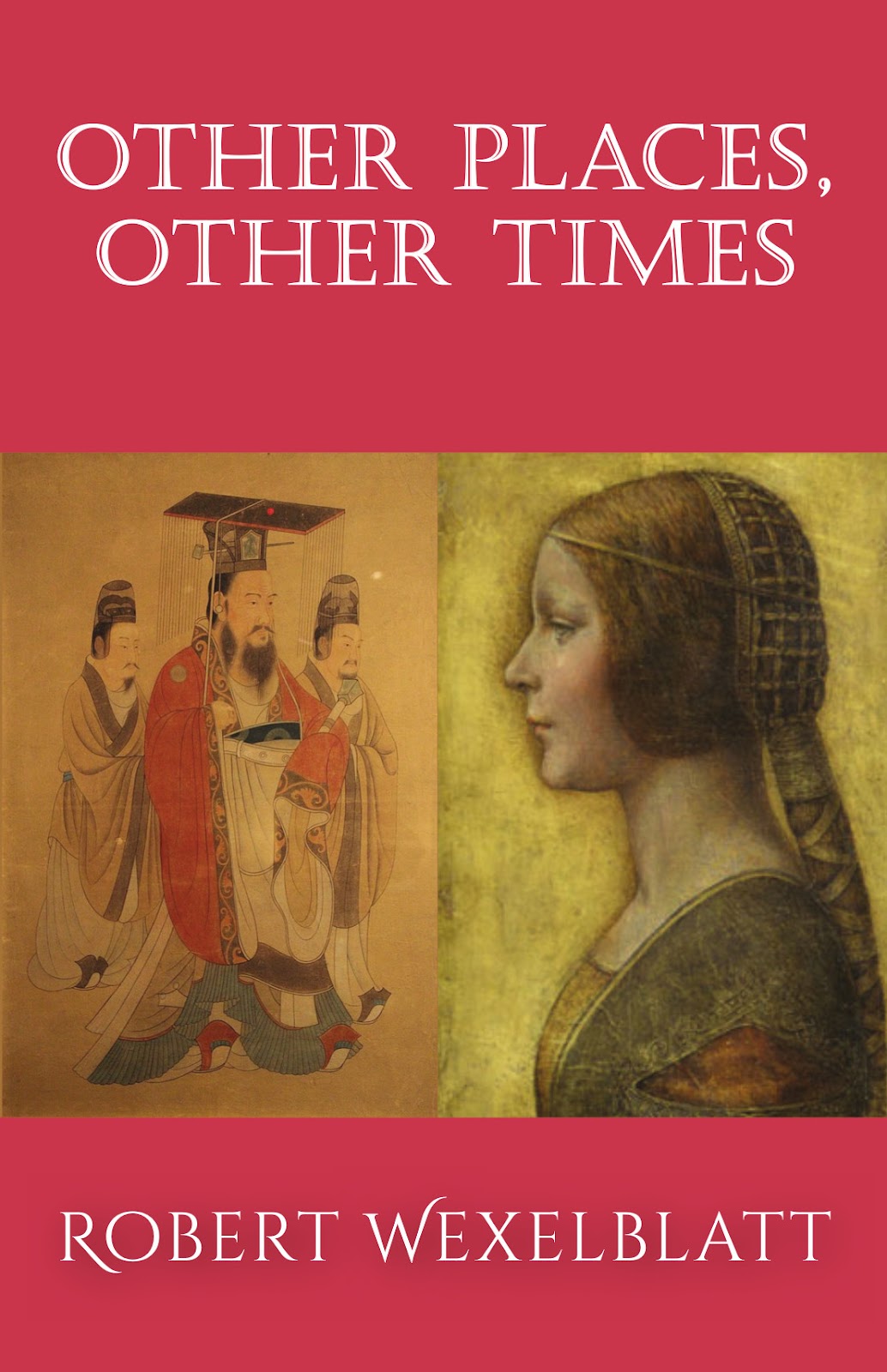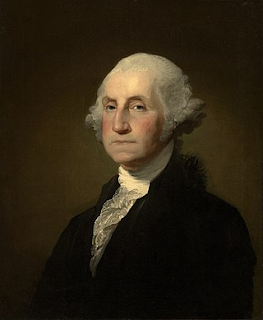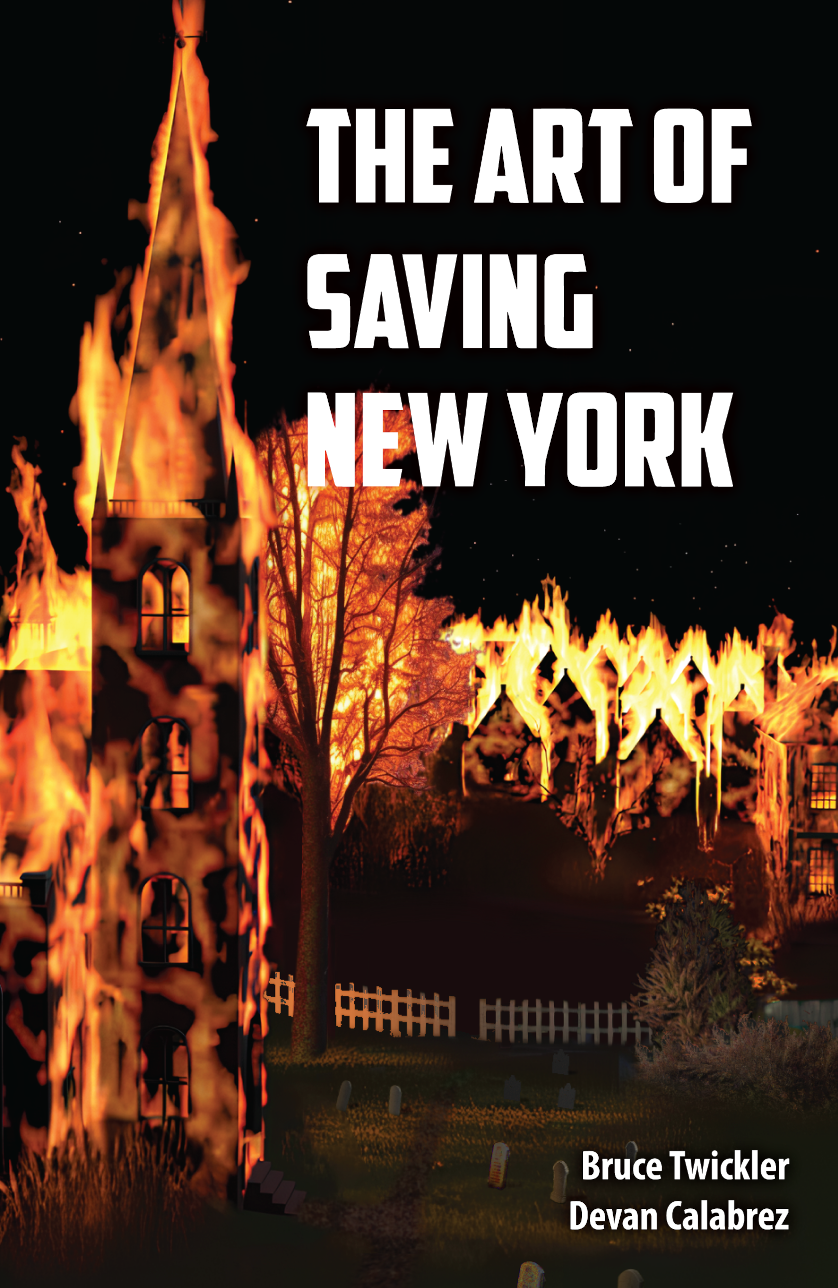Is "Happily Ever After" a destination, a phantom or beside the point of life? MY TWO AND ONLY by CARLA MALDEN, THE SPINDLE by ASHLEY GRIFFIN, tales of transformation for adults

Is "Happily Ever After" a destination, a phantom or beside the point of life? Carla Malden's My Two and Only (Rare Bird Books)and Ashley Griffin's The Spindle (Oaklea Books) address this question from points of view human and otherworldly. Carla Malden's novel is a deceptively quiet book about adults in Los Angeles' middle class, distanced from the media drumbeats of apocalypse--climate disaster, homelessness, nuclear war. (There is no mention of AI). The environment, business are topics but the real concern is family--what makes one? How do you keep the heart, that most essential pulse of people's lives, beating when your most essential human dies? Dysfunction here is less about psychology, than the crucial adjustment a human being makes when their "One and Only" dies. When it happens in an accident both everyday and strange, it leaves much to the imagination. For twelve years Charlotte lives with the "what ifs." Yet she's ...



